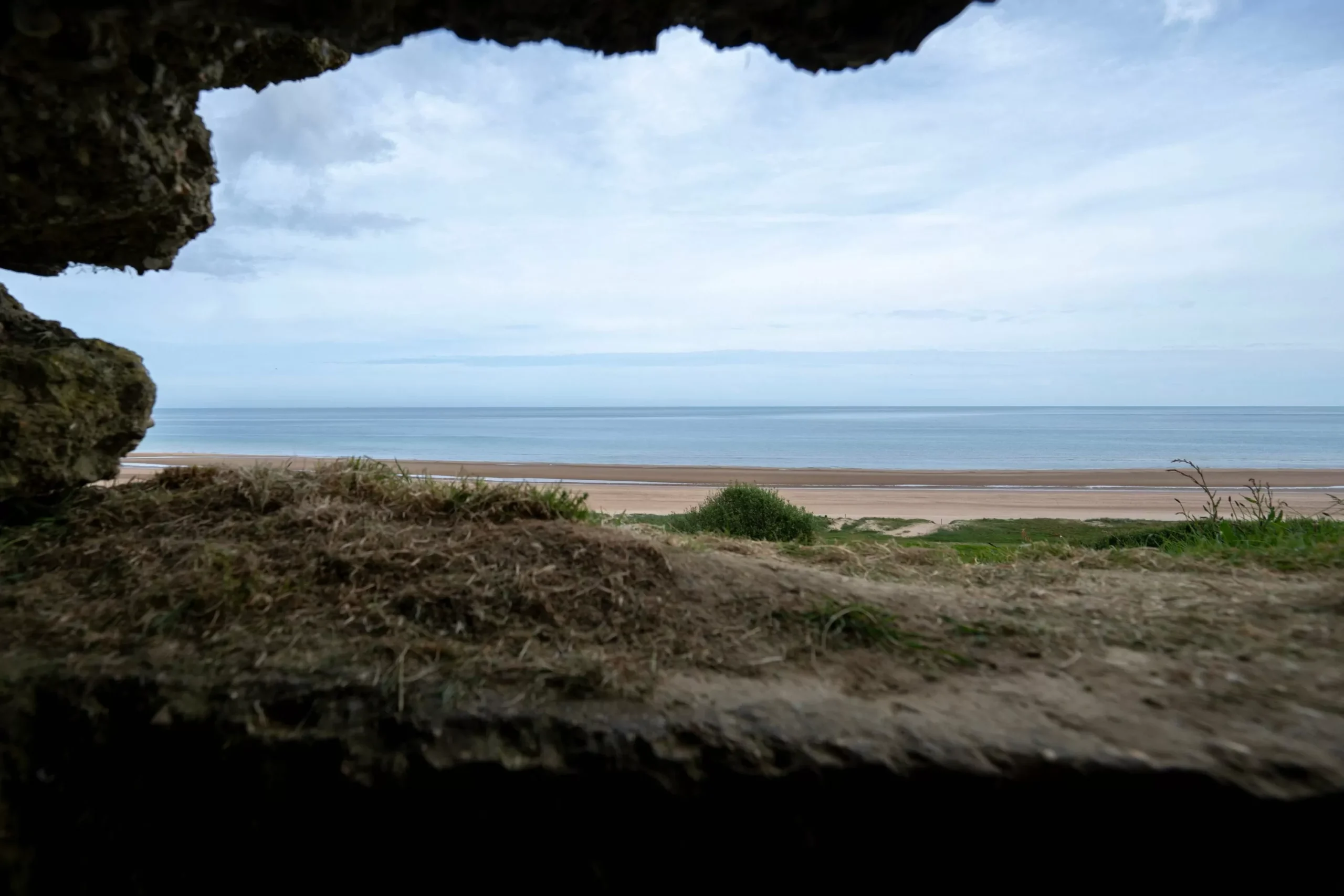As France prepares to commemorate the 80th anniversary of the Allied forces’ landing on the beaches of Normandy, a new threat looms over the historic coastline – rising sea levels caused by climate change.
The Normandy beaches hold a special place in history, as they were the site of the largest seaborne invasion in history on June 6, 1944. This pivotal moment marked the beginning of the end of World War II and the liberation of Europe from Nazi control. Every year, thousands of visitors flock to these beaches to pay their respects to the brave soldiers who fought and sacrificed their lives for freedom.
However, as we approach this significant milestone, the Normandy coastline is facing a new battle – one against the effects of climate change. According to a recent study by the French National Center for Scientific Research, sea levels in Normandy have risen by 1.5 millimeters per year since 1970. This may seem like a small increase, but it has already caused significant damage to the coastline and threatens to worsen in the coming years.
The rising sea levels have already led to erosion of the beaches, threatening the very sites where the Allied forces landed. The iconic Mulberry harbors, which were constructed to aid the invasion, are now at risk of being submerged. The seawalls and bunkers that serve as reminders of the war are also in danger of being washed away. This not only puts the historical significance of the Normandy beaches at risk but also impacts the local economy, which heavily relies on tourism.
But the threat of rising sea levels is not limited to the Normandy beaches. It affects the entire coastline of France, including popular tourist destinations like the French Riviera and Brittany. The French government has recognized the urgency of the situation and has taken steps to address it. In 2015, France was one of the first countries to sign the Paris Agreement, committing to reducing its greenhouse gas emissions and mitigating the effects of climate change.
In addition to international efforts, the French government has also implemented measures at the local level to protect the Normandy coastline. The construction of seawalls and dikes, as well as beach nourishment projects, have been carried out to prevent erosion and flooding. These efforts have not only helped to protect the historical sites but also the local communities and their livelihoods.
But more needs to be done. As the effects of climate change continue to worsen, it is crucial for all of us to take action. We must reduce our carbon footprint and adopt more sustainable practices in our daily lives. This includes using renewable energy sources, reducing our use of single-use plastics, and supporting businesses that prioritize environmental sustainability.
As we remember the bravery and sacrifice of the soldiers who landed on the Normandy beaches 80 years ago, let us also honor their legacy by taking action to protect the coastline they fought for. Let us come together as a global community to combat the effects of climate change and preserve the historical sites that hold so much significance for all of us.
The 80th anniversary of the Normandy landings is not just a time for reflection, but also a call to action. Let us use this moment to raise awareness and inspire change. Together, we can ensure that future generations will be able to visit the Normandy beaches and pay their respects to the heroes who fought for our freedom. Let us not let rising sea levels wash away their legacy.





